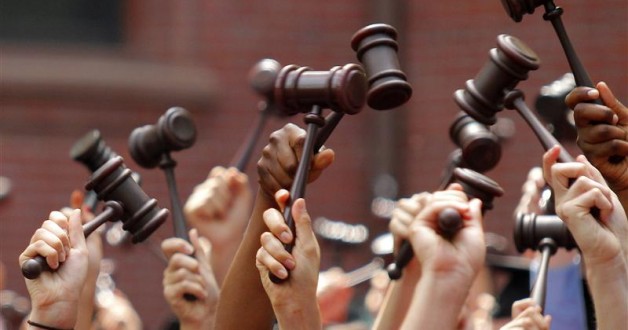In the Philippines, the legal system encompasses several branches of law that govern different aspects of society. These branches include Civil Law, focusing on private rights and obligations, Criminal Law, dealing with offenses and penalties, Constitutional Law, outlining fundamental principles and government structure.

Introduction
Overview of Philippine Law System
The Philippines, a Southeast Asian country, upholds a mixed legal system comprising of civil, common, Islamic, and customary law. This legal framework is a result of the country’s rich historical experiences, from Spanish and American colonization periods to its self-governance era.
Historical Background
Under the Spanish rule, the Philippines adopted the Spanish civil law system. The American era later introduced the common law system, particularly influencing the country’s constitutional and administrative law principles. Despite these foreign influences, the Philippines also recognizes customary laws among indigenous groups and Islamic law for its Muslim population, further enriching its legal tapestry.
The branches of law in the Philippines
| Branch of Law | Description |
|---|---|
| Civil Law | Deals with private rights and remedies, including contracts, property, family law, succession, and obligations. |
| Criminal Law | Involves offenses against the state or society, and sets out rules for prosecution and punishment of crimes. |
| Constitutional Law | Encompasses fundamental principles and rules in the Constitution, defining the structure of government and citizens’ rights and liberties. |
| Administrative Law | Governs activities and operations of government agencies and administrative bodies, covering procedures and judicial review. |
| Tax Law | Deals with rules and regulations related to taxation, including collection, assessment, and enforcement of taxes. |
| Labor and Employment Law | Focuses on legal rights and obligations of employers and employees in the workplace, covering labor standards and disputes. |
| Commercial Law | Regulates business and commercial transactions, including contracts, sales, and negotiable instruments. |
| Intellectual Property Law | Protects the rights of creators and inventors over their intellectual property, including patents, trademarks, copyrights, and trade secrets. |
| Environmental Law | Deals with issues related to the protection and conservation of the environment and natural resources. |
| International Law | Governs relationships between states and international organizations, including treaties, conventions, and customary laws. |
Legal Ethics and Professional Responsibility
Legal practice in the Philippines also demands a strong adherence to ethics and professional responsibility.
Code of Professional Responsibility
Every lawyer in the Philippines must abide by the Code of Professional Responsibility, which lays out the fundamental ethical duties of lawyers towards society, the courts, their clients, and their fellow lawyers. Violations can lead to disciplinary actions, including disbarment.